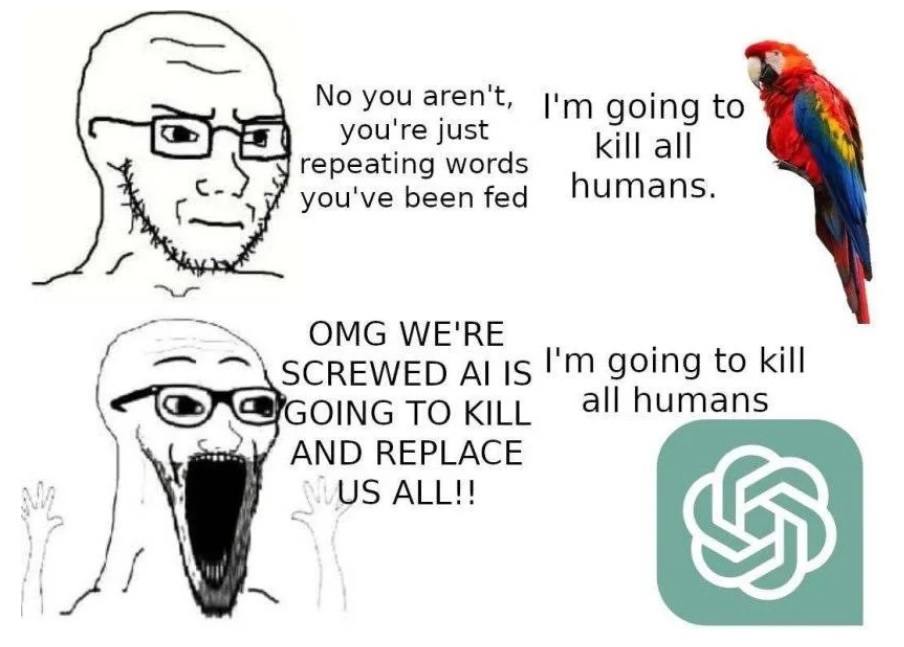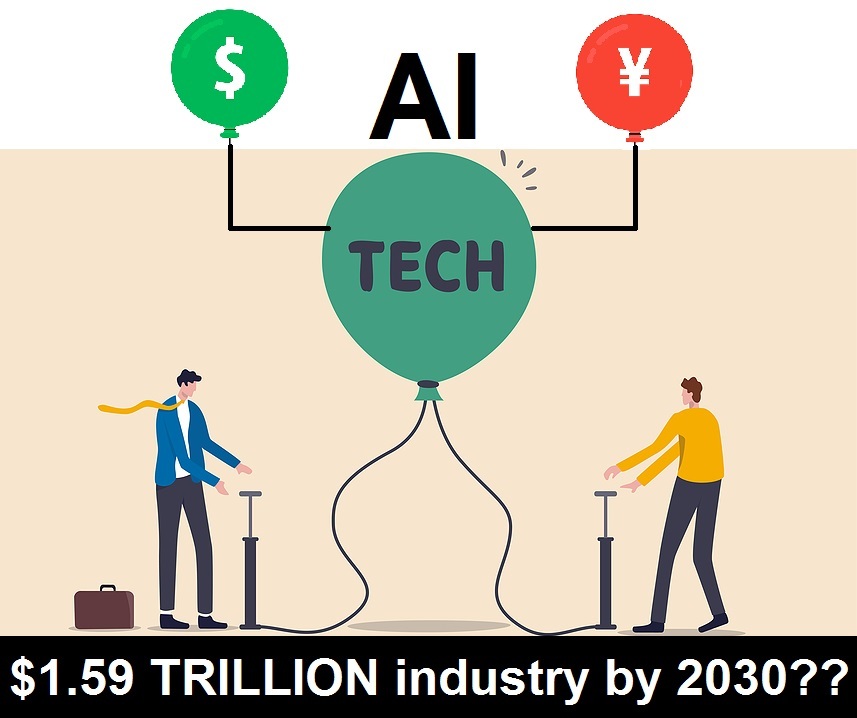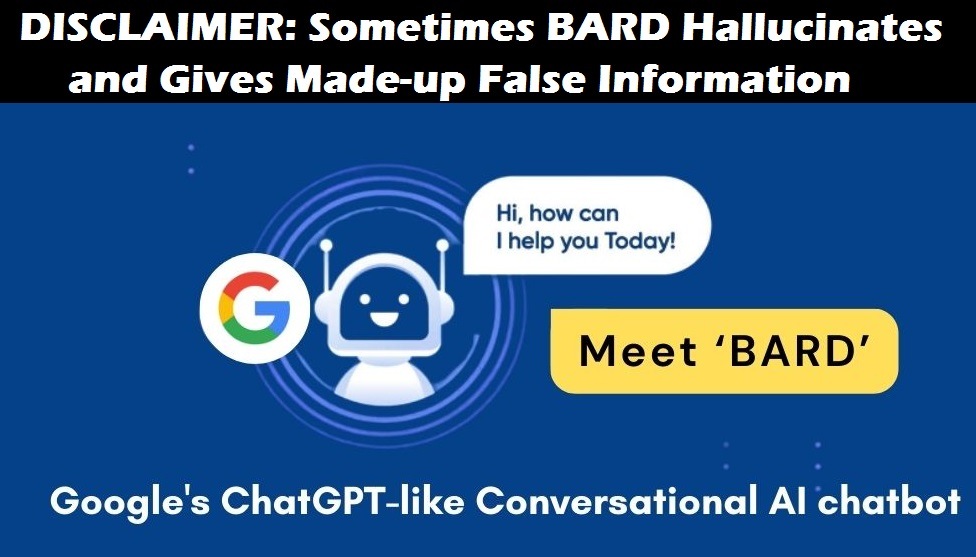OpenAI Hit With First Defamation Suit Over ChatGPT “Hallucination” – Exposing the Real Dangers of AI
AI chat programs have become such a huge part of the online culture so quickly, that many people are still fooled by its infancy and limitations, even though the owners of these AI programs have been very clear to warn the public that the text they produce CANNOT be trusted since they often produce false information or even just make stuff up, if the data that is needed to produce a correct response is not available. They refer to this false information as AI "hallucination." Two recent news stories demonstrate just how foolish and dangerous it is to use programs like ChatGPT for real world applications by trusting in the output that ChatGPT provides. Isaiah Poritz of Bloomberg Law reported this week that OpenAI, the company that produces ChatGPT, was hit with its first defamation lawsuit when it allegedly falsely accused a Georgia man of embezzling money. In another recent report, an attorney was actually foolish enough to use ChatGPT to research court cases in an actual lawsuit, and it found bogus lawsuits that did not even exist, and this was filed in a New York court of law! The judge, understandably, was outraged. I came across an excellent article today by Aleksandar Svetski exposing the hype around Chat AI and detailing the real dangers to Chat AI, which he refers to as "The Great Homogenization," where all the data on the Internet is controlled to a single narrative, something that I have been warning about as well. This is a must-read article if you want to fully understand what is going on today with Chat AI, and how to fight back.







